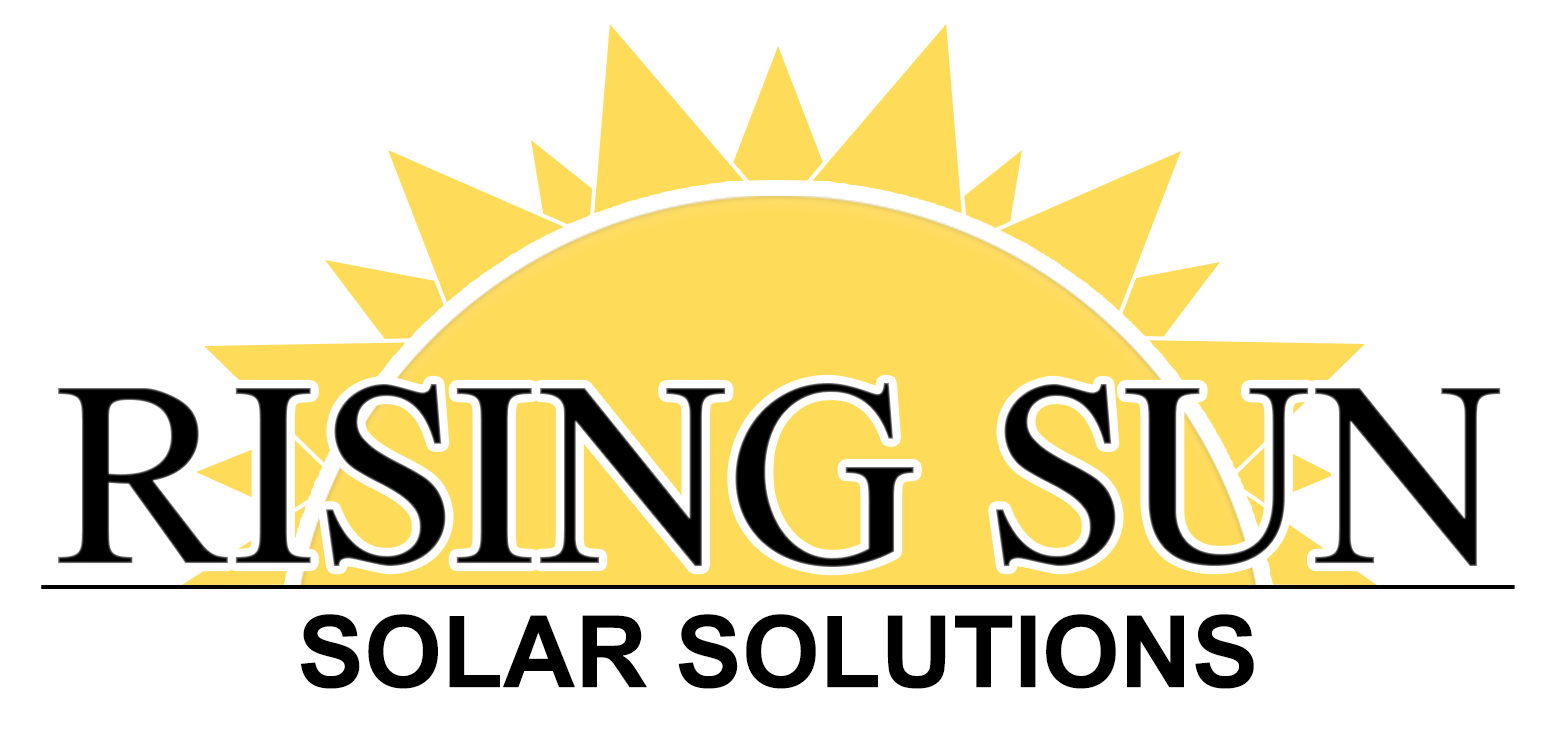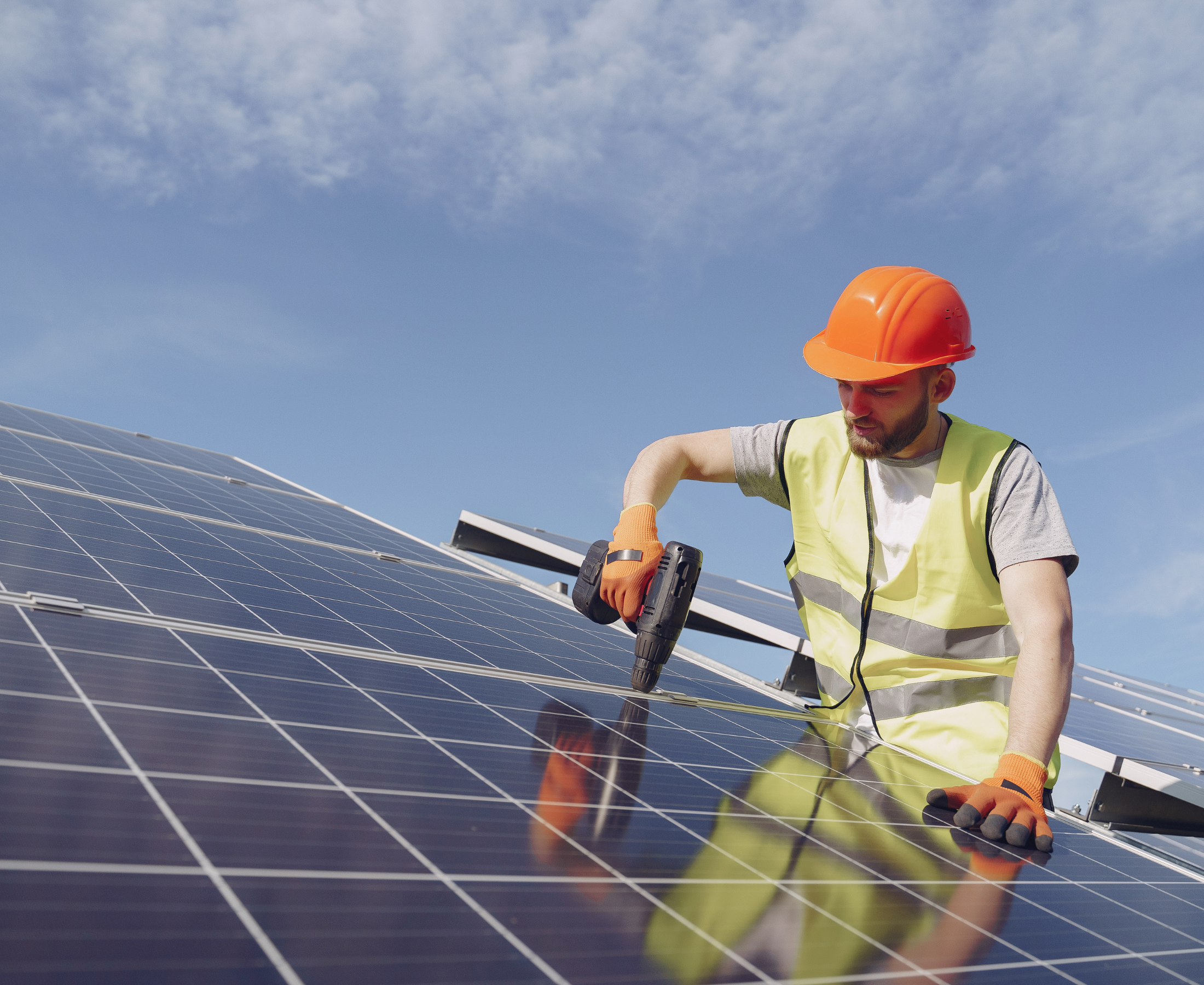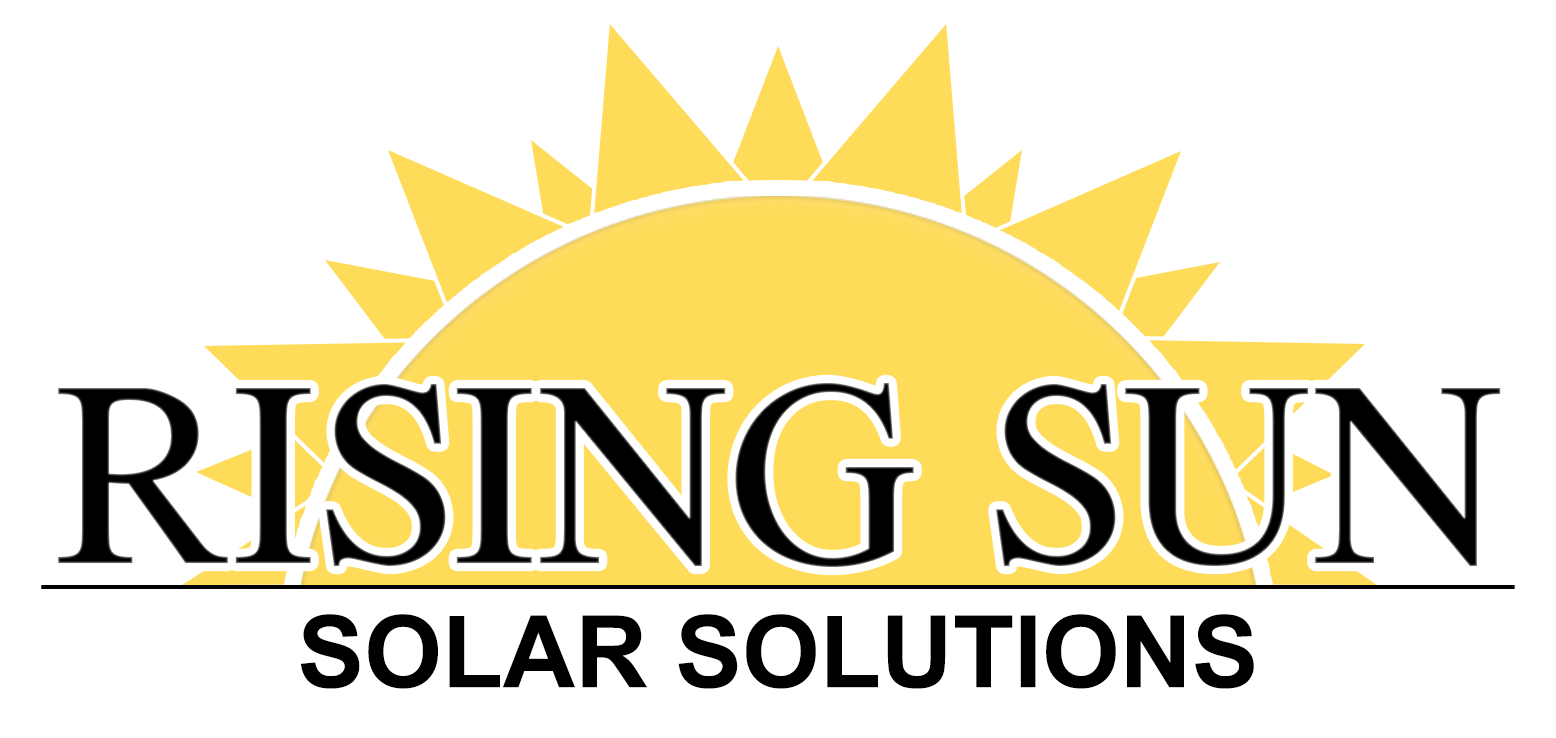Did you know there have been over 130,000 solar panels installed in the U.S. since 2007? And that number only continues to rise as more people see the value in getting solar energy for their homes or businesses.
Luckily, as solar becomes more popular, the price to get your own solar panel unit is also dropping, making it the best time to make the switch.
Get started by knowing these 5 things before installing solar panels on your property.
1. Evaluate Your Roof
Before you install solar panels on your home or building, you first need to get your roof checked by a solar professional.
A solar panel roof needs to be in good condition. Trying to place a solar unit on a roof with broken shingles or water damage will lead to safety issues and a faulty solar unit.
The style of your roof will also affect how your panels are installed. Different types of solar panels are needed based on the following conditions:
- Slant and Angle of the Roof
- Direction of the Roof
- Materials of the Roof
- Size and Shape of the Roof
- Shade Converge of the Roof
To get optimal results from your solar panels, you want the most amount of sunlight. A solar installer at Rising Sun Solar Solutions will measure and evaluate your roof to place the correct panels in the most appropriate location.
2. Assessing Your Energy Needs
Another step in the solar installation process is knowing how much energy you need to power your home or business.
By calculating your current entry usage, a solar expert will determine the number of solar panels needed to either eliminate or greatly reduce your electricity consumption.
The basic formula for knowing your current energy use is the wattage rating x the number of hours. Typically, your utility bill will show your monthly and daily energy usage as well as the past year, if available. This power usage is usually gauged against a solar panel 400w yield to see how many panels you need.
Show your energy bill to a Rising Sun Solar Solutions installer to get help accessing your solar requirements.
3. Understanding Your Finance Options
Getting solar panels on your home or business has never been more affordable as more people adopt this technology. Its popularity also created many finance options to offset your solar panel cost.
First, you should know the difference between a solar panel buy vs lease. Some solar companies offer a leasing option where you don’t own your panels or the energy it generates. Instead, you either pay a fixed monthly rate to use the energy or you sign a Power Purchase Agreement and pay per kilowatt used per hour.
While leasing allows you to get solar panels installed on your home at no cost, it also doesn’t give you the freedom of generating and using your own energy.
Most people prefer buying their own solar panels because they own them as well as the energy it produces. The panels become part of your home. In fact, homes with solar panels tend to sell 4% higher than ones without them.
There are finance options for buying solar panels that make them affordable on any budget. Pay monthly payments using our trusted partner to get your solar panels installed today.
Be sure to factor in federal and local tax rebates and incentives for going solar. For example, the U.S. federal government expanded the tax rebate amount to 30% for any solar units installed from 2022 to 2032.
4. Using Additional Services
Solar panels are the main equipment used to capture the sun’s rays. But, you may ask: Do solar panels work without sun?
While the sun is needed to generate energy, this doesn’t mean that you won’t have power when the sun isn’t shining. A solar backup battery stores excess energy on a sunny day so that you have power at night, on a rainy day, and even if the electricity goes out.
Talk to your solar installer to see how much extra energy your unit can generate to determine the number of backup batteries you need.
Another useful addition to your solar energy unit is an electric vehicle (EV) charging port. A solar technician can easily add an EV solar charging station to your home or business, so you can use your solar energy to drive your car.
5. Choosing a Solar Panel Provider
Now that you know what to consider before installing solar panels on your home or business, you know need to choose a solar panel provider.
There are several solar companies in Maryland to pick from, so making a decision can be overwhelming. To narrow your search, you want a solar installer that takes the time to assess your energy requirements and makes a custom solar unit to meet these needs.
A warranty and guarantee are also important. At Rising Sun Solar Solutions, we offer a 10-year installer warranty and our manufacturer offers a 25-year warranty on your panels. This guarantee protects your home and your new solar investment for years to come.
Your Guide to Installing Solar Panels
Installing solar panels can be a complex process — one that you shouldn’t go through alone. You need a solar panel provider that helps you every step of the way, from deciding on the best installation layout to understanding your energy output and savings.
By choosing Rising Sun Solar Solutions, you get the benefits of having a family-run business take the time to make this process as easy as possible.
Get started by contacting us for a free estimate and assessment of your property.


